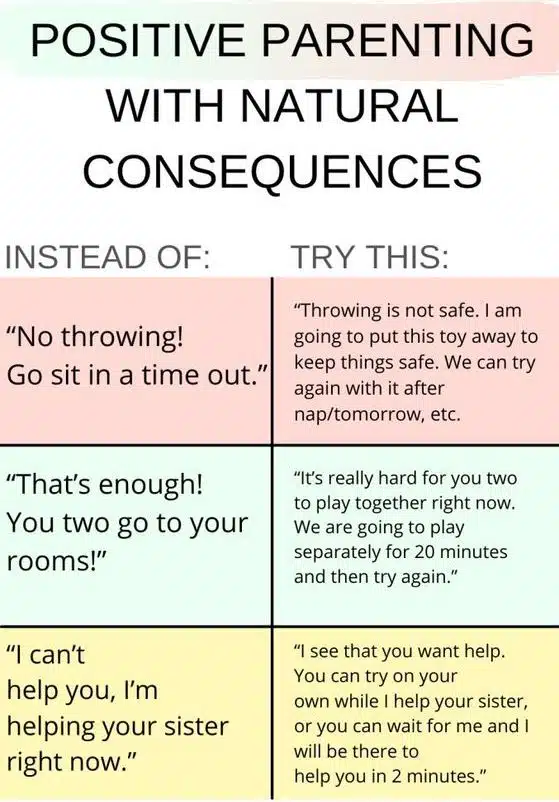Assertive discipline is a valuable approach that parents can employ to foster a positive and effective learning environment for their children, especially those with special needs. Here’s a brief overview of how assertive discipline is used:
- Setting Clear Boundaries: Assertive discipline establishes clear expectations for behavior, ensuring children know the limits.
- Open Communication: Encourages open and respectful communication between parents and children, promoting mutual understanding.
- Consistent Consequences: Parents apply consistent consequences for desirable and challenging behavior, offering predictability.
- Rewarding Good Behavior: Acknowledging and rewarding positive actions boosts a child’s self-esteem and reinforces good habits.
- Conflict Resolution Skills: Assertive discipline equips children with problem-solving skills, enabling them to handle conflicts constructively.
- Inclusive Environment: It creates an inclusive and nurturing space where children, including those with special needs, can flourish.
By embracing assertive discipline, parents can create a supportive foundation for their children’s growth, enhancing their learning experience and overall well-being.












